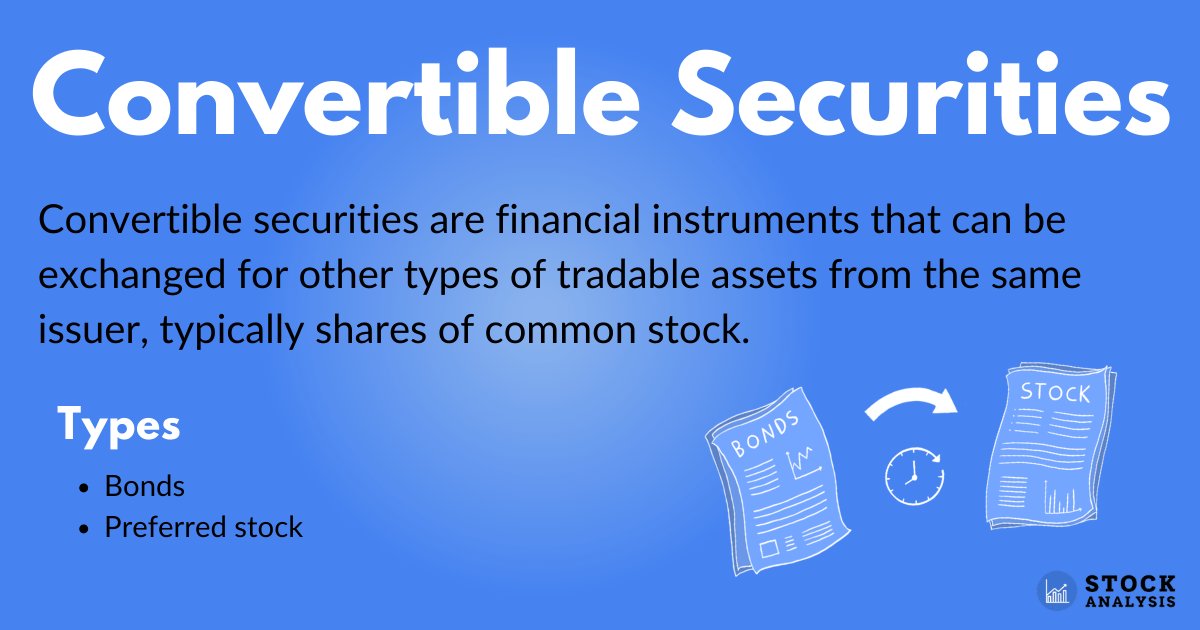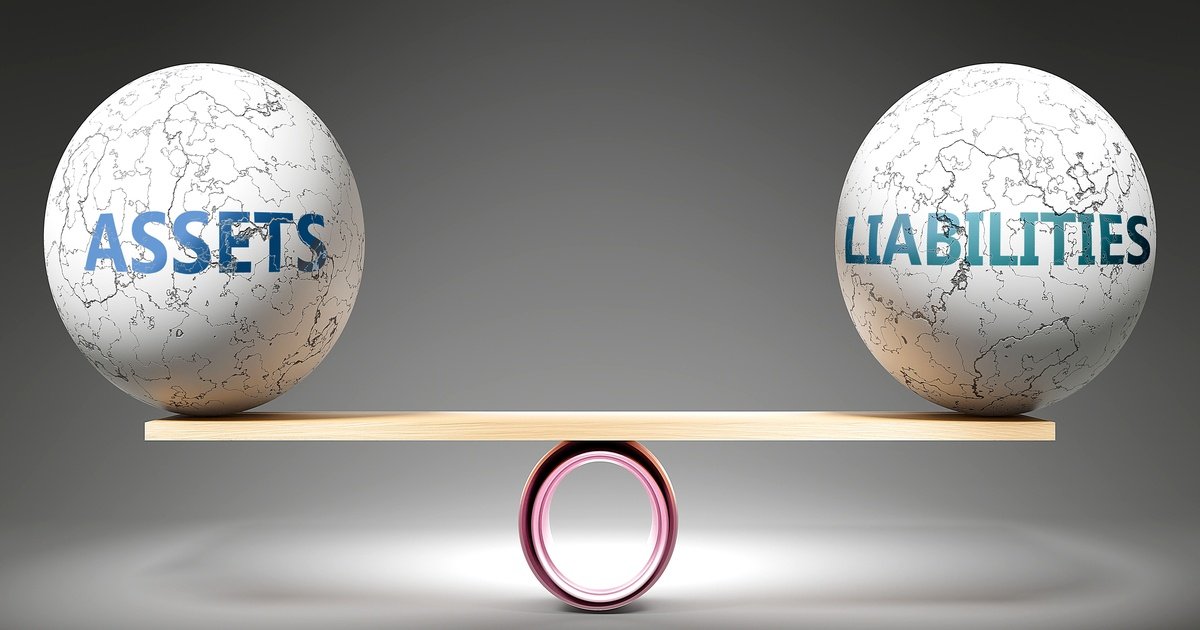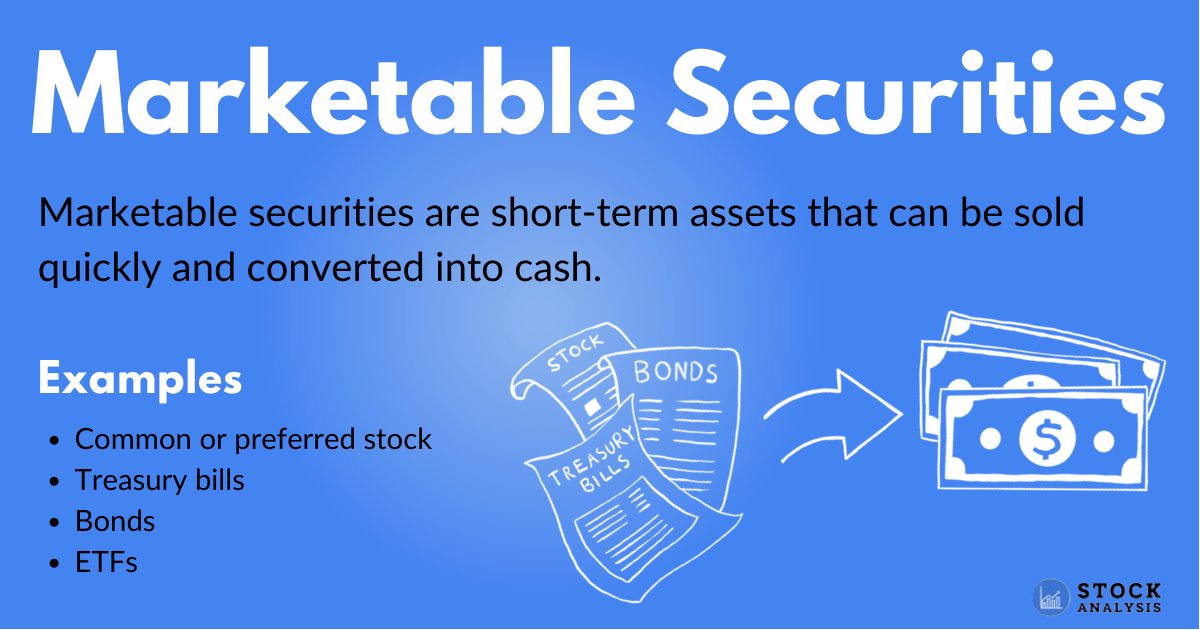Convertible Securities
Convertible securities are financial instruments that can be exchanged for other types of tradable assets from the same issuer, typically shares of common stock.
These financial assets have distinct benefits, such as attractive interest rates and the ability to convert them to common stock when the share price rises.
However, they are also dependent on the market and come with certain risks.
Below is an overview of convertible securities, including what they are, how they work, and the pros and cons of investing in them.
What are convertible securities?

Convertible securities are tradable assets issued by a company in the form of a bond or preferred stock. Investors can then later convert these securities into common stock.
There are two main forms of convertible securities:
- Bonds: These are debt securities issued by companies and can later be converted into a predetermined number of common stock shares.
- Preferred stock: These are ownership shares that give shareholders first claim to a company's income and dividends. However, they do not have voting rights or the upside potential of common shares.
Companies issue convertible securities to raise capital at lower interest rates.
For example, companies with poor credit ratings often issue convertible securities, as they help provide a quick infusion of cash while lowering their debt's interest rate.
Larger companies with access to public offerings or bank financing can also issue convertible securities to reduce their cost of capital. Growth companies that prefer not to rely on debt financing may also raise capital through convertible securities.
The benefit for investors in purchasing convertible securities is being able to convert these into common stock when the share price appreciates.
The downside is that the share price could also not appreciate and convertible securities may have a lower payout than tradable assets that aren't convertible.
Nonetheless, investors might decide this is an acceptable risk because of the potential for the shares to appreciate so much in value.
When considering convertible assets, it's important to note the conversion price. This is the price point where you become eligible to convert the security into common stock.
The conversion price is similar to how a call option works for common stock.
SummaryCompanies issue convertible securities to raise capital at lower interest rates. Investors can then purchase these bonds or preferred stock, converting them into common stock later on. There are two main types: bonds and preferred stock.
How do convertible securities work?
Companies offer convertible securities in order to raise capital.
However, it's worth noting that if there are more outstanding shares, there will also be lower earnings per share following a conversion. Individual investors will also own less of the company as their shares are diluted.
Nevertheless, the idea is that the additional issuance will help grow the company overall.
As an example, consider the following convertible bond.
Let's say there's a company trading at $5 per share in common stock and it would like to raise capital by issuing a 10-year, $1 million bond. The interest rate is currently 8% but the company believes it can reduce it to 6% by adding a convertible $10 per share option.
On the company's end, it would save $20,000 in annual interest payments if the stock price never exceeds $10. However, this is also diluting its ownership and share value.
On the investor side of things, those who buy the bond only receive $60,000 in annual interest payments for the next 10 years, instead of $80,000.
Although that's some stability, they're still buying a bond at a 2% discount. They only fully profit if the stock price rises above $10 at any time during the bond's 10 years to maturity.
For instance, if the stock price rises to $11, then the investor profits when they convert their bond to common stock. That convertible bond, issued with a $10 stock price, now nets the investor a $100,000 profit.
Alternatively, suppose the investor decided to hold onto that convertible bond and the company's stock price rose to $15. In that case, they could convert it then to common stock and pocket $500,000.
As you can see, as an investor, there is both risk and reward to evaluate when considering convertible securities.
SummaryConvertible securities can later be converted to common stock and, potentially, profit. For a company, this brings an infusion of cash but dilutes its ownership and share value. For investors, the investment has both risk and reward to consider.
Pros and cons for investors
Below are a few pros and cons for investors to consider when deciding whether to invest in convertible securities.
Pros
- Upside potential: Investors get access to the upside potential of a stock, secured by the safety of a bond.
- Some flexibility: The risk of one security can be converted to another, resulting in some choice regarding the best position from which to profit.
- Tax advantages: Convertible securities come with tax advantages, such as deducting interest earnings from taxable income.
Cons
- Higher risk: Shares may appreciate, but they could also decline in value.
- Lower yield: Convertible securities tend to have lower yields than non-convertible securities with similar characteristics.
- Financial instability: Often the types of companies that issue convertibles have poor credit ratings or may not have access to traditional financing options — this can include startups, however, which isn't necessarily a con.
- Share dilution: Conversions add outstanding shares and can dilute the value of a company's shares and earnings. This is less of a problem for larger companies but for smaller companies, voting control could shift.
SummaryConvertible securities come with several pros and cons for investors. While these securities do have a large potential upside, they can also have lower payouts, are dependent on market price, and overall are considered to be higher risk.
The takeaway
Convertible securities can be a win-win for both companies and investors.
For companies, convertible securities allow them to raise money quickly and at a lower interest rate. For long-term investors with the capital and patience, convertible securities can offer incredible potential to capitalize on gains.
However, these investments are not without considerable risks.
The financial outcome is dependent on market prices, there may be downsides for the company's shares and earnings, and convertible securities tend to have lower payouts than non-convertible securities, to name a few.
Overall, it's worth considering your values as an investor, along with what risks you're willing to take.




